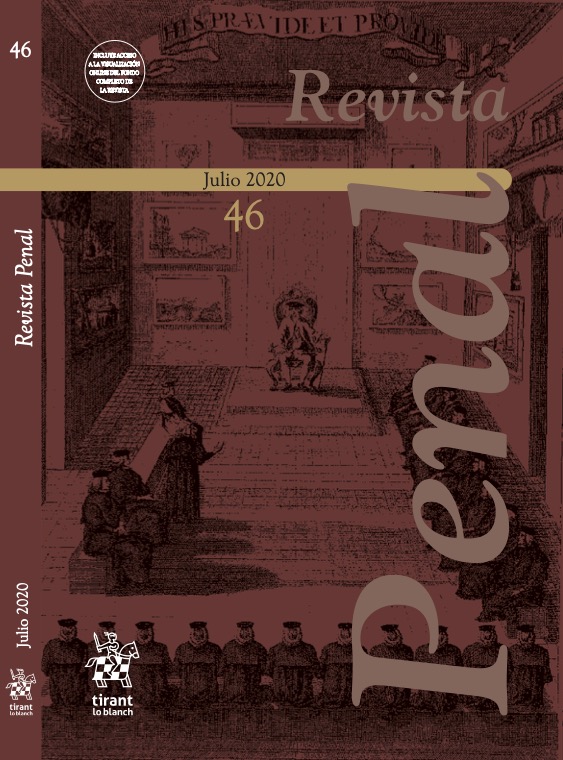Neuroprevention: A new paradigm for the study of criminal recidivism
DOI:
https://doi.org/10.36151/Keywords:
criminal recidivism, neuroprediction, intrinsic dangerousness, free will, determinism, neuropreventionAbstract
Neuroprediction involves determining whether there are neurobiological markers of criminal recidivism. This term is widely used, but it implies the assumption that recidivism will necessarily occur. This approach faces two difficulties. First, it seems to take us back to the now debunked concept of intrinsic dangerousness. Second, deciding whether a delinquent should go free or not based on the idea that his or her conduct is predetermined denies individuals the ontological capacity to choose their futures, assigning this power to the system instead. We thus propose the term neuroprevention, in which the deterministic assumption that a future event must necessarily occur is replaced by the goal of anticipating a possible, or even expectable, but not certain event. We hope that this term contributes to the development of criminal law, which must shift towards placing a higher value on the weighting of rights.



